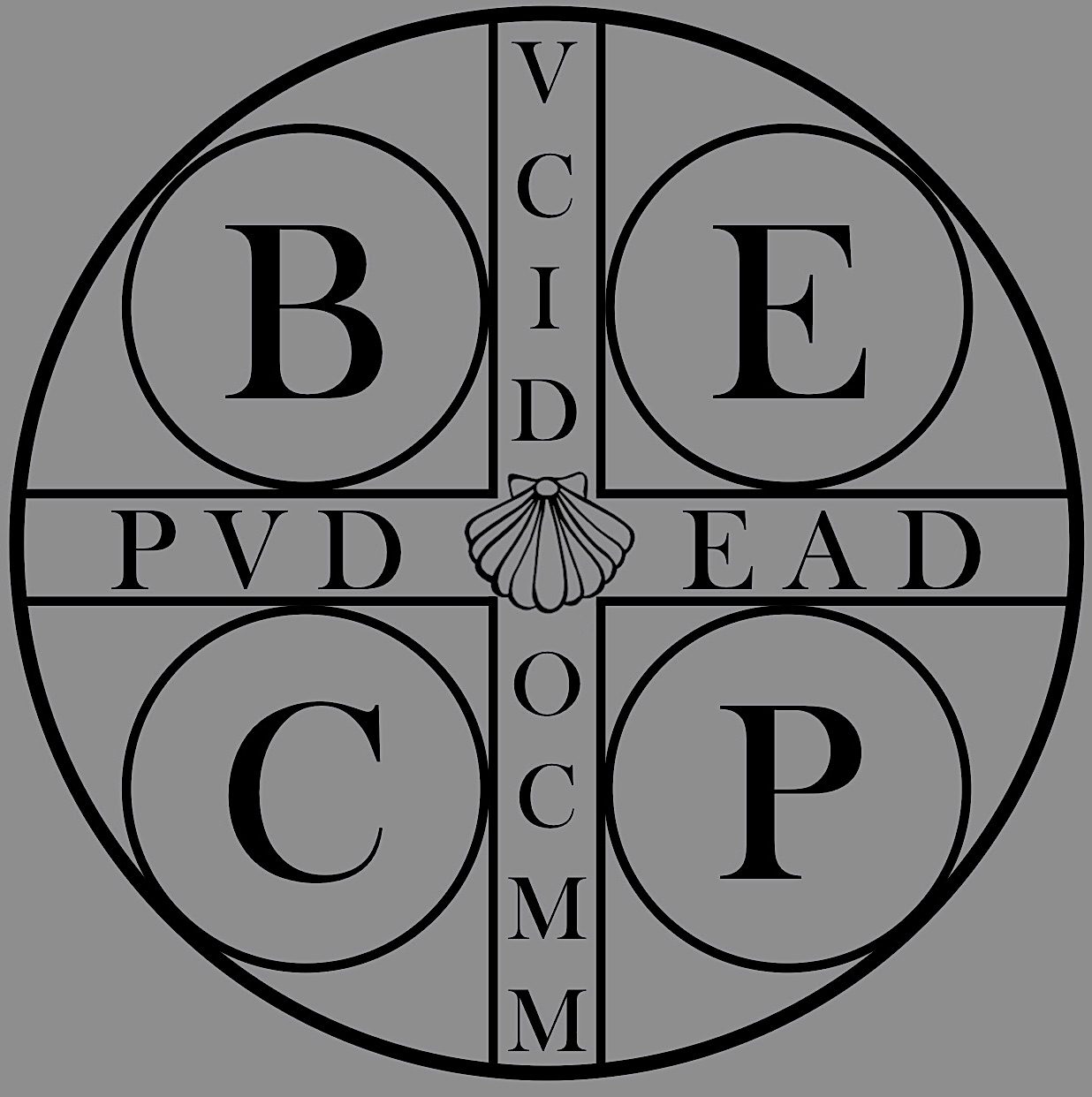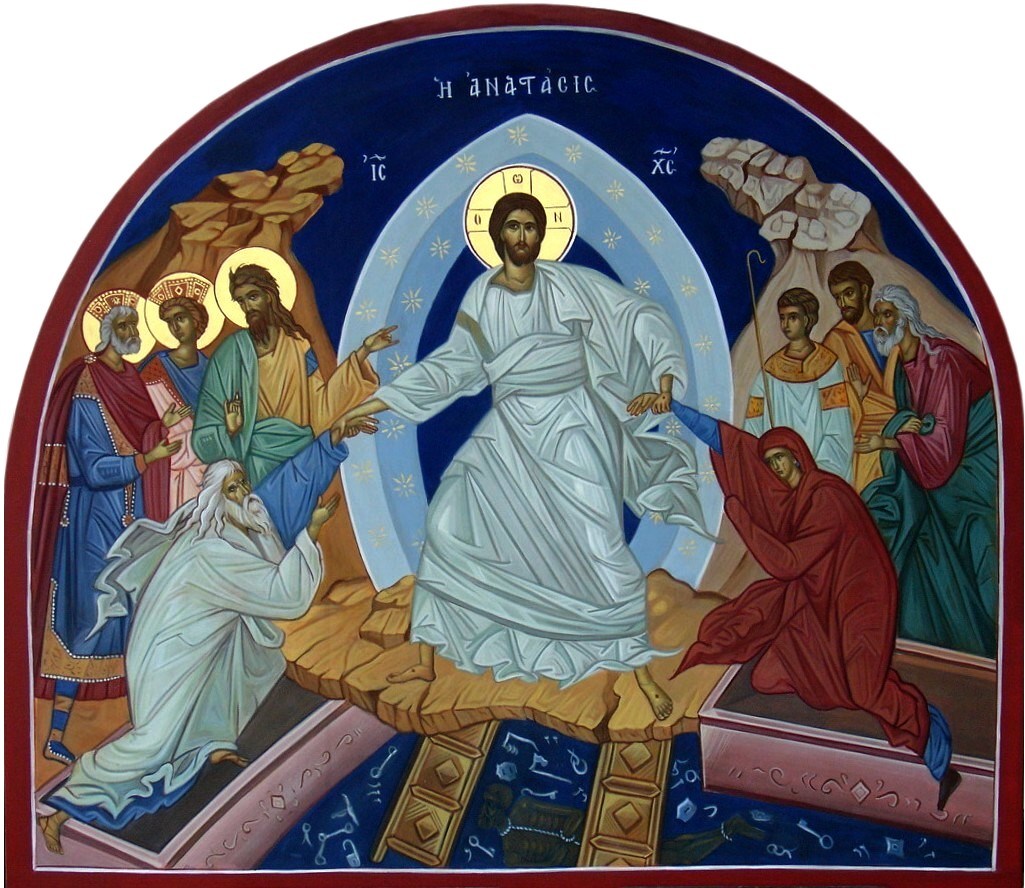Perhaps at this point in the summer – you find yourself in a similar place to me. With the extra free time summer often affords – maybe you find yourself tired of the monotony of scrolling through endless news articles or being paralyzed by the unending choices of movies on Amazon Prime. Whatever the case – you know the feeling – boredom. Even in the midst of the endless entertainment and the various diversions which are readily available, I often find myself with a sense of restlessness and hunger for something new. Recognizing this is a great grace – and a grace I think we should ask for more often.
Why so? The more readily we are able to recognize our own boredom with the passing things of this world, the more readily will we be able to focus on the One who is ever new. After all – boredom is a singularly secular phenomenon. There is no boredom in heaven – for the unending desire of the human heart is eternally fulfilled in the heavenly reality of pondering the Triune God. Moreover, this also reveals an extraordinarily magnificent reality of our human condition: even now amid the passing things of this world, the desire for eternal fulfillment is already present. This is at the very root of our boredom. The infinite desires of our hearts cease to be satisfied by the finite things which are offered now. Famously, this is why St. Augustine says our hearts are restless until they rest in the Lord.
In short, asking for the grace to see our boredom is asking the Lord to reveal our greatest desire – namely the desire for Him alone. This is a dangerous endeavor, though. For the more we ask for Him and only Him, the less we will depend on all other created goods. And though we were made with eternal desires for God Himself, as humans with bodies – we still have very real and necessary desires for these same created goods. Thus, we quickly find ourselves in a strenuous process of purification – until all of our desires are rightly re-ordered to our ultimate Destiny. In short, this puts our relationship with God over the very gifts He gives; namely, the Healer over the healing, the Giver over the gifts, and the Savior over the saving.
Understandably, this is a daunting proposal.
But I guarantee you will never be bored.

